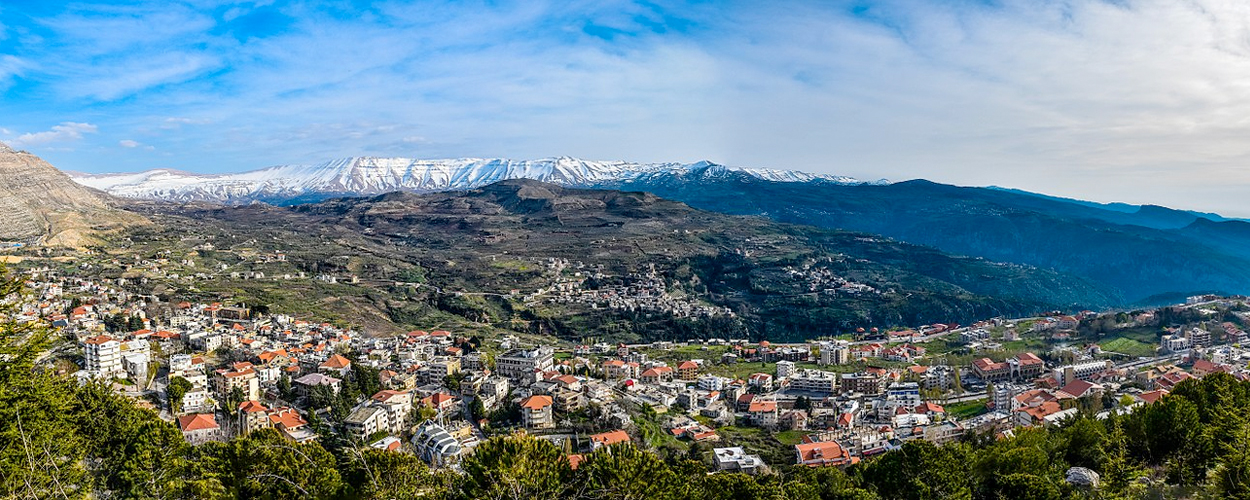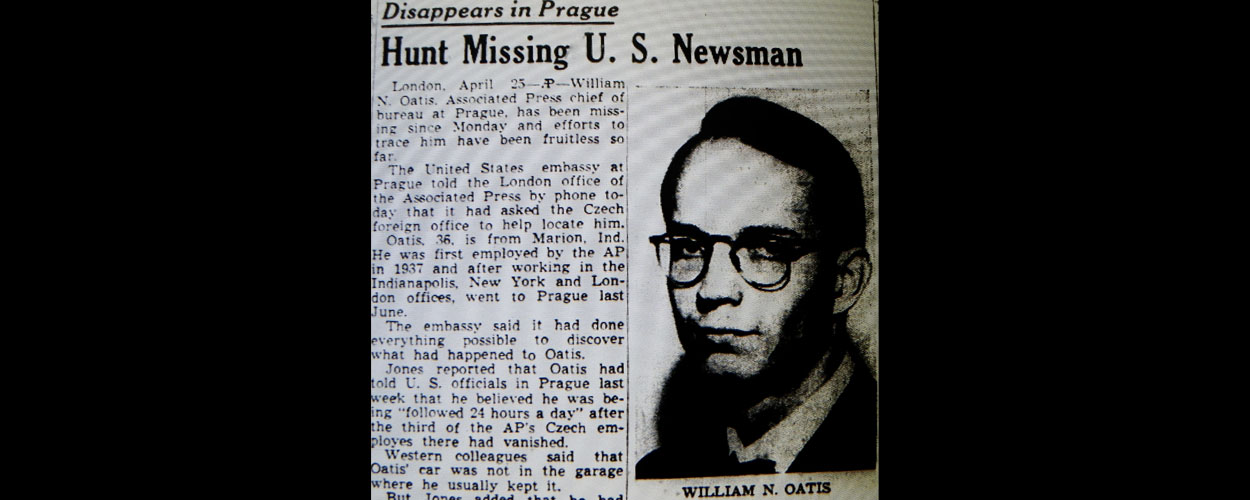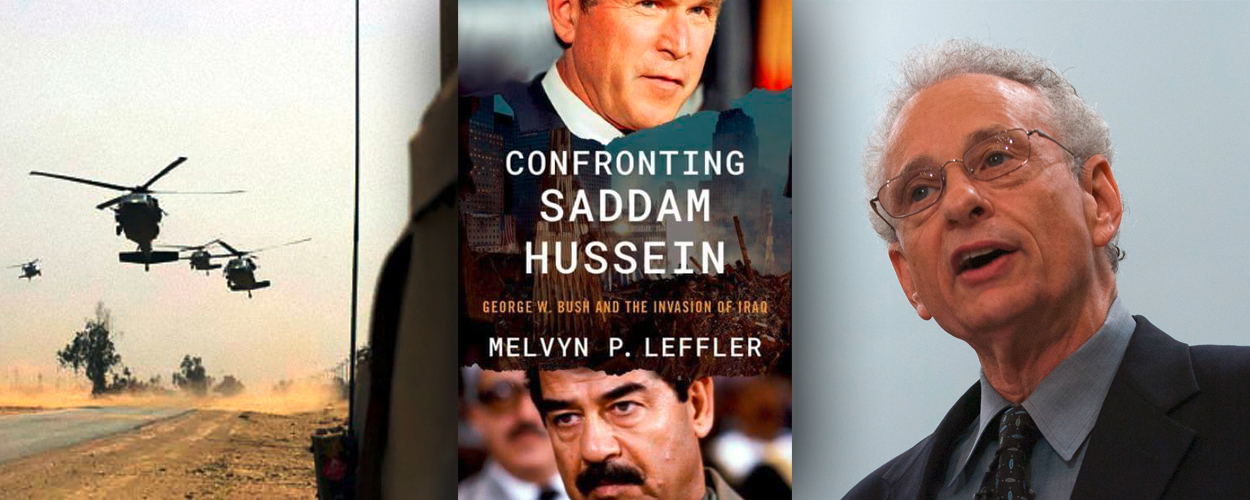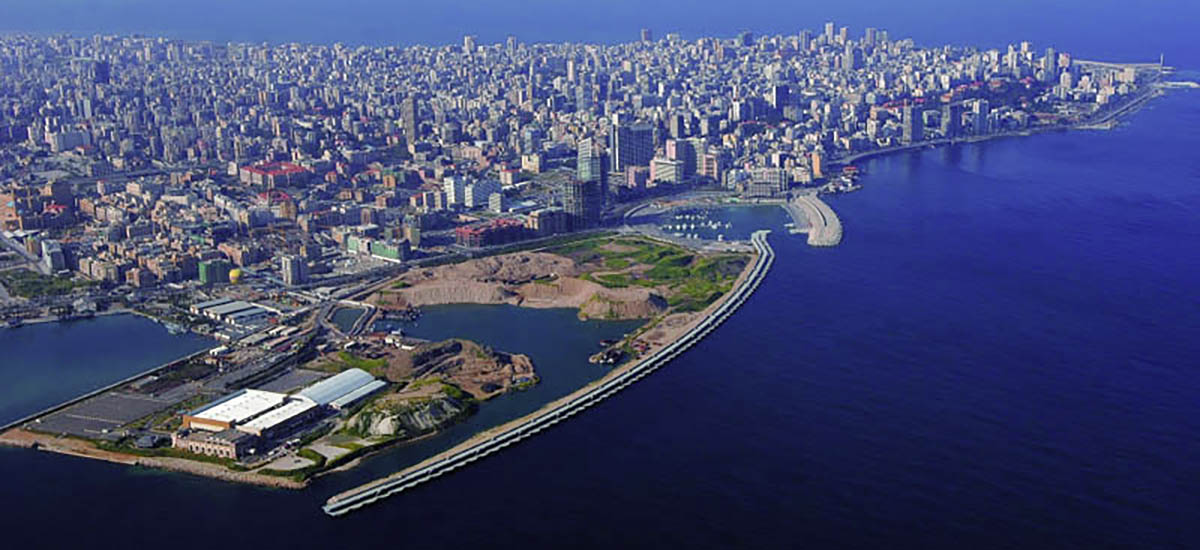Peace is precarious in Lebanon, where everyone remembers the toll of previous conflicts and fears the spread of war.
Ehden is an ancient village on the northern heights of Mount Lebanon. Perched above the Qadisha (Sacred) Valley, it has long been a redoubt of the Maronite sect, an Eastern rite of Roman Catholicism whose adherents built their first church, Saint Mamas, here in 749 AD. Some Maronites like to claim descent from the Phoenicians, although their fourth-century founder, Saint Maroun, was born in northern Syria and never set foot in Lebanon. The people of Ehden and Zgharta, its sister village in the foothills nearer the sea, spoke Aramaic into the nineteenth century. Even today their Arabic is pronounced with a distinctive Aramaic accent. Most Lebanese, including urban Maronites, regard them as hillbillies whose feuds would embarrass the Hatfields and McCoys. Five families—Frangieh, Moawad, Doueihy, Karam, and Makary—have vied for dominance over the centuries. The Frangiehs have been primus inter pares since one of them, Suleiman Frangieh, became president of Lebanon in 1970.
My Makary grandmother raised me on mountain folktales. In one, her father is killed defending the village from an Ottoman raid about 1890, a few months before she was born. Other relatives told me he died in a feud among the families. Although her mother married again and took her to the New World, she never lost touch with her native land. Her Arabic—like her cooking—marked her as a born-and-bred Zghartawi.
Continue reading →










